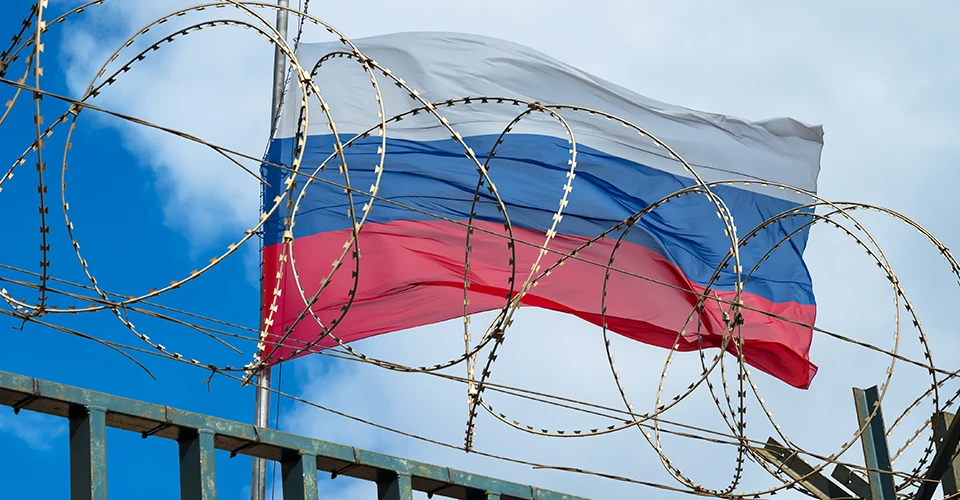
Russian-linked lobbyists paid European politicians to legitimize annexation of Crimea, OCCRP investigation finds
Since at least 2016, the Russian-funded lobbying group International Agency for Current Policy has been working with European politicians to get EU sanctions against Russia lifted after the illegal annexation of Crimea
The information was revealed in an investigation by the Organised Crime and Corruption Reporting Project (OCCRP) and partner outlets IRPI, Important Stories and Profil.
The journalists gained access to the email correspondence of Russian media technologist Sargis Mirzakhanian, who worked as an assistant to members of the State Duma. The leak was published by hackers calling themselves CyberJunta in 2016 and 2017.
In the course of the investigation, the journalists found in the correspondence a draft of lifting sanctions against Russia for Cyprus, which described the sanctions as "fundamentally contrary to international law" and emphasizes the economic damage caused to Cyprus as a result of losing business with Russia.
In one of the leaked emails, Mirzakhanian said that he had received information from an unnamed European politician "about the price tag for the vote." Representatives of the far-right parties, Senator Paolo Tosato from the Italian Lega Nord and Johannes Hübner from the Austrian Freedom Party, eventually presented the relevant drafts in their parliaments.
According to the correspondence, the politicians were to submit resolutions to their legislatures to lift sanctions against Russia. Each project had a budget of EUR 20,000, and another EUR 15,000 were reserved for each "in case of a successful vote."
According to the investigation, the cooperation was established, in particular, through an invitation to the Yalta International Economic Forum. The Forum was held annually from 2016 to 2019 with the participation of Mirzakhanian's team.
The correspondence contains the names of 9 European politicians invited to Yalta from Austria, Germany, Italy, the Czech Republic and Poland and their ‘honoraria’ totaling EUR 21,500. These payments were, probably, outside the scope of reimbursement, as transportation costs were discussed separately.
-
On December 8, Hungary opposed the planned new package of anti-Russian sanctions, and the country might use its veto power against any EU decision that requires unanimity.
- News













































